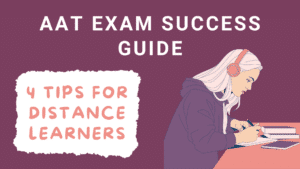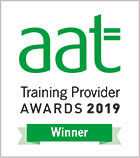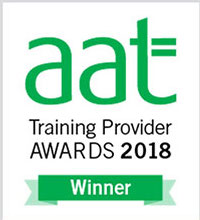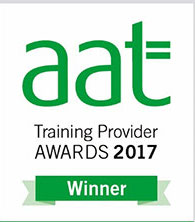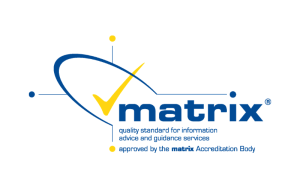NO!
Next question!?!
We have tons of students who do not have A levels. Some students started an Apprenticeship having left school after GCSEs, and lots of students who left school years ago, either having left after completing GCSEs or “O” levels or having achieved a BTEC. Many achieved qualifications in non-accounting subjects.
However, what is important is that you are:
- Numerate and
- Literate
The minimum suggested requirement for studying AAT is 5 GCSEs at Grades A to c, including Maths and English. This is not to say that we don’t have students who have not achieved this, but it is just a bit harder without these qualifications.
Numeracy
Numeracy obviously underpins a qualification in accountancy. I use the word “numeracy” with care. You don’t have to be good at algebra, although it will help for things like calculating gross margins and mark ups and other financial ratios.
You certainly don’t need to be good at statistics or trigonometry, although there may be times when a cost accountant, will want to measure up the dimensions of a building. Primarily you need to be comfortable with numbers. You can add up a column of numbers or at least look at a column of numbers and see if it looks wrong. Can you play darts – i.e. are you good at subtractions (from 501)?
Your numeracy skills will be gradually built up over the course of your AAT studies.
Literacy
Literacy is equally important as numeracy. You need to be good at numbers. Your clients or your colleagues may not need to be so good. You, therefore, have to be able to explain the numbers to them in words.
As with numeracy skills, your literacy skills will be gradually developed as you progress from levels 2 to 3 to 4.
By the time you get to the AAT level 4, most papers will have two questions which require written answers interpreting and reporting on the numbers included in the question. One of these will be a relatively short answer and one a relatively long answer. Students hate them!
The pass rates for the numerical questions tend to be in the region of 70%. For the written questions, this drops to 30%. Therefore, if you can crack the written questions, you will shine compared to the other candidates.
Going back to A Levels, one of the differences between studying A levels and GCSEs at school is that for GCSEs you will tend to be in classes throughout the day, being “taught”. At A levels you will have more “free” study time. Time to study on your own. For this you need to be self-disciplined and rigorous, be prepared to ask questions, not just to be told.
Your AAT distance learning studies will therefore be more like studying A levels than studying GCSEs. You need to be organised, self-disciplined and allocate a good 8 hours a week to study. If you manage this, you should crack through your studies. If you can only manage 3 to 4 hours, it is not really taking over your life. It is not enough of a priority for you and the risk is that you will make very slow progress, get bored and give up. On a tutor-supported package, your tutor will support, nag, cajole, but there is only so much they can do. You need to want it. You need to be hungry. See that end goal. Visualise it. Stick a picture of it on your bedroom wall.
So – no you don’t need A levels but you do need the study approach that “A” levels demand.



